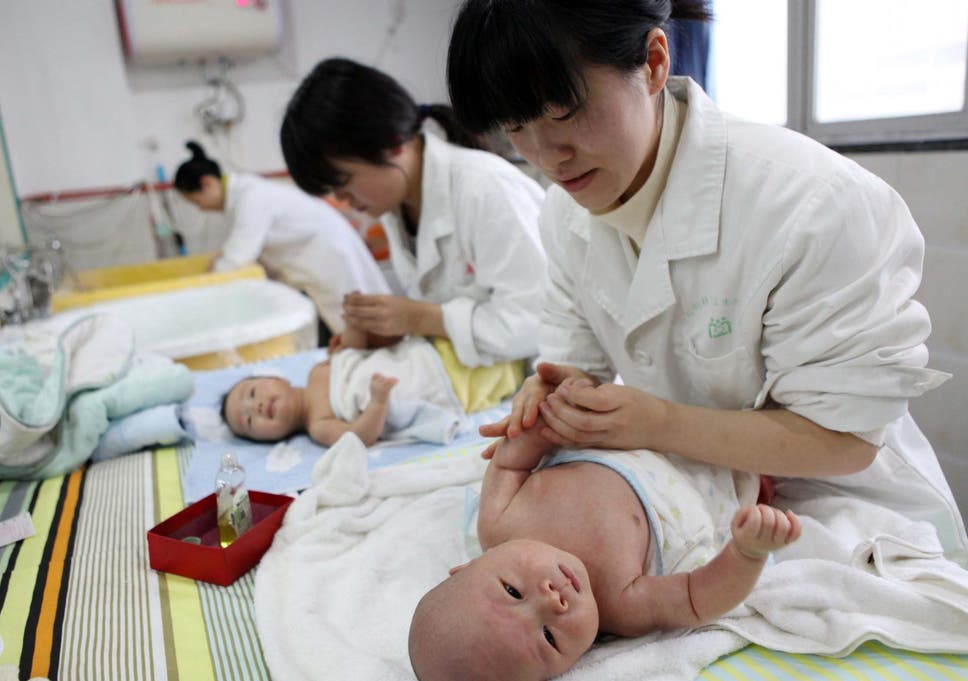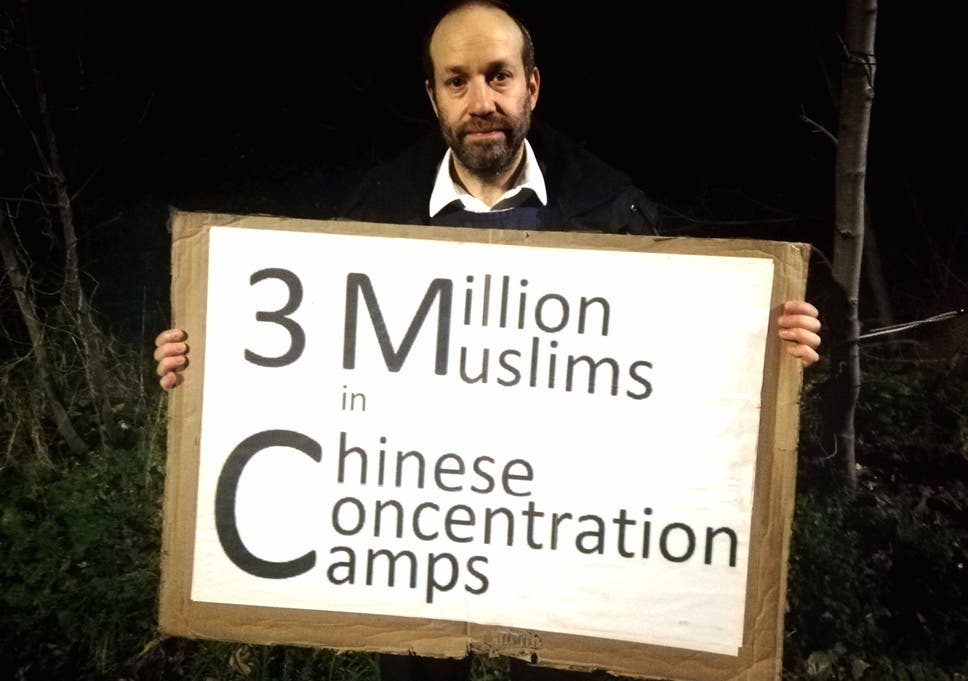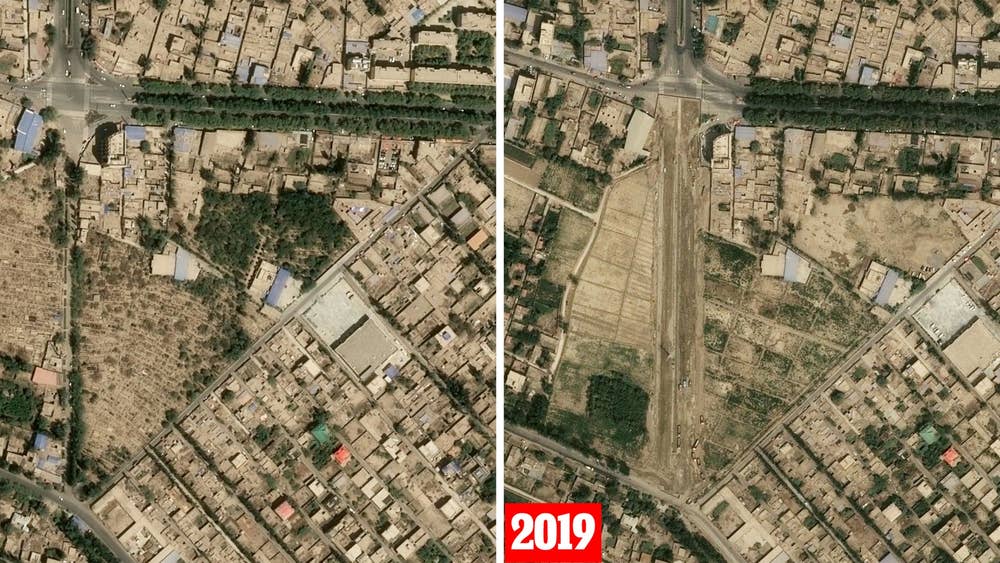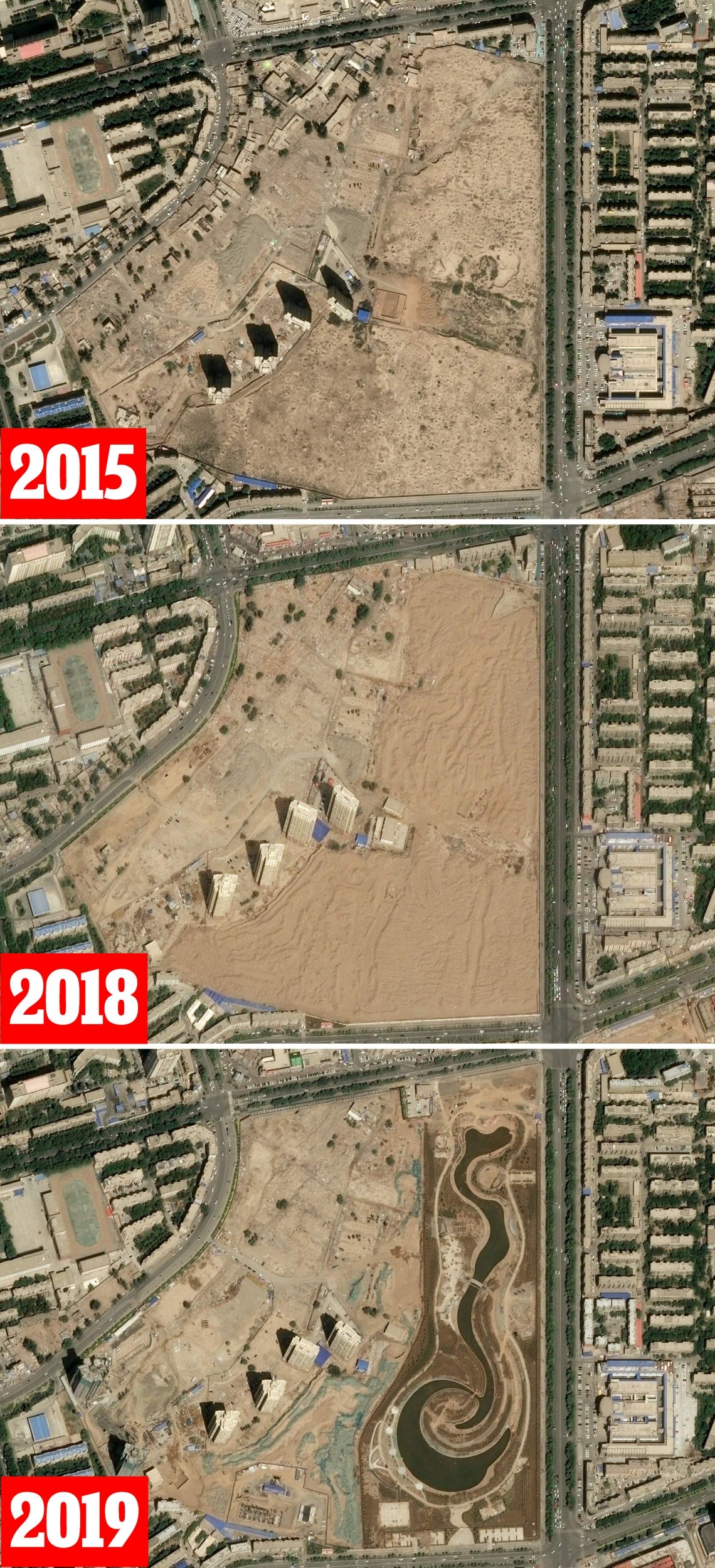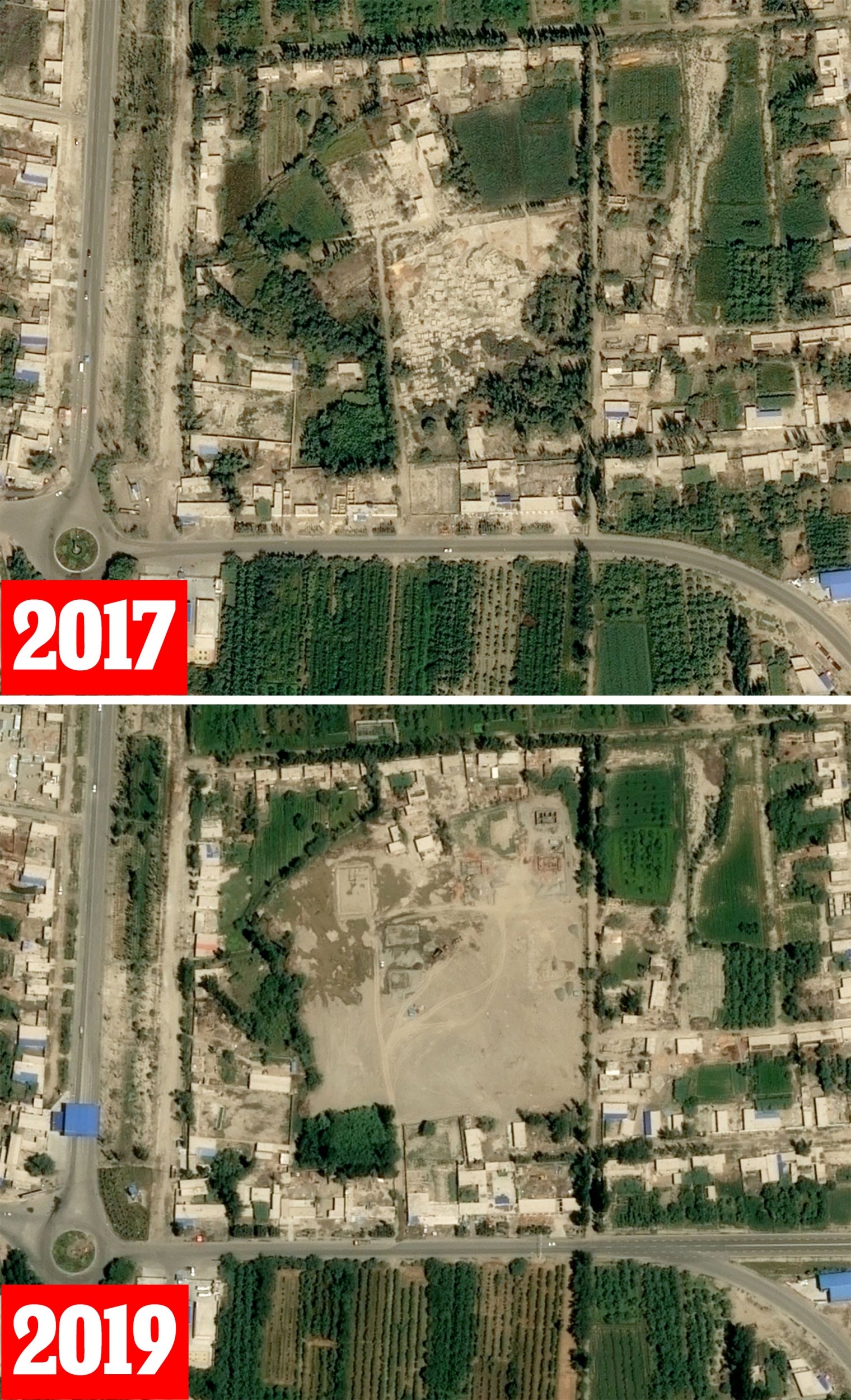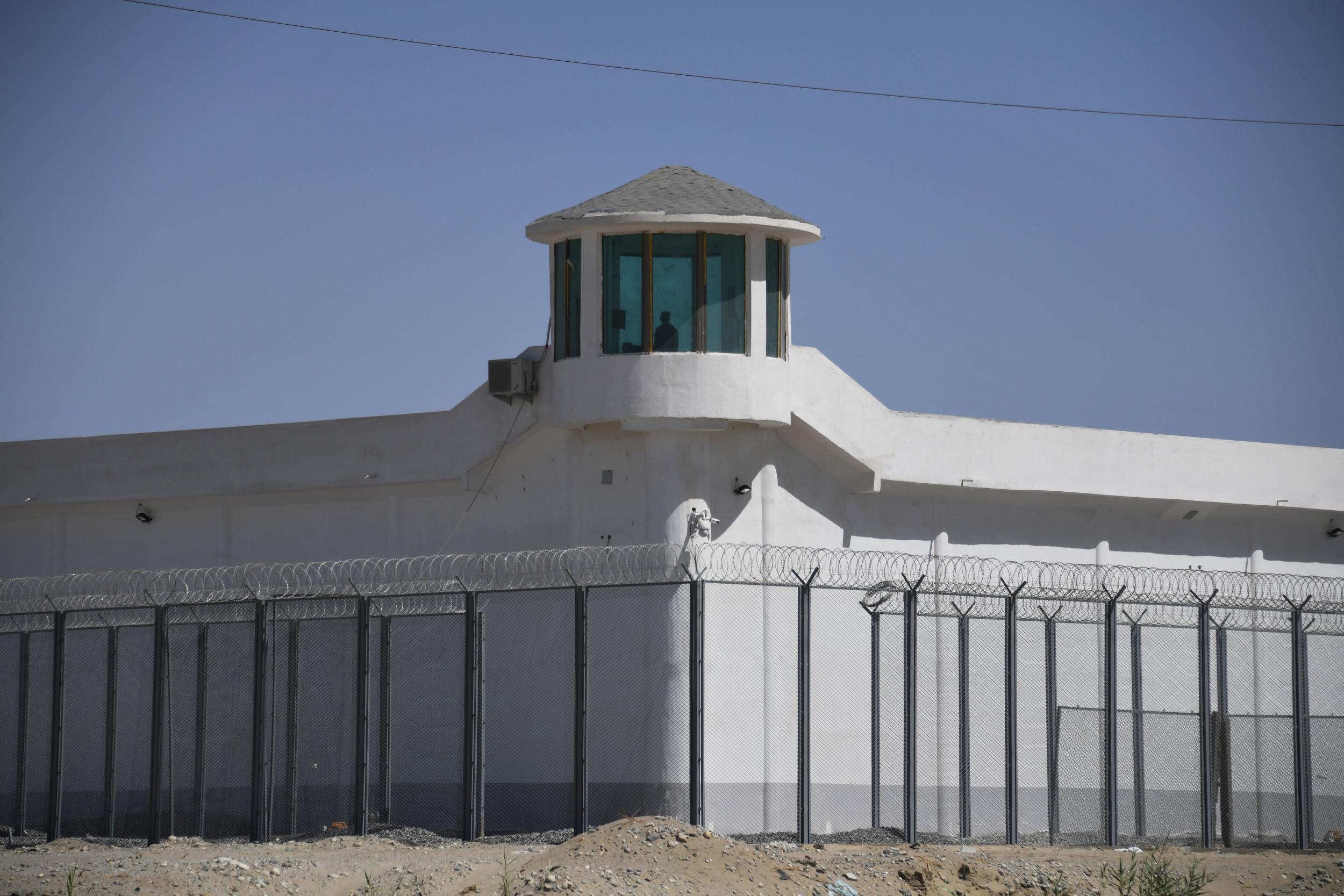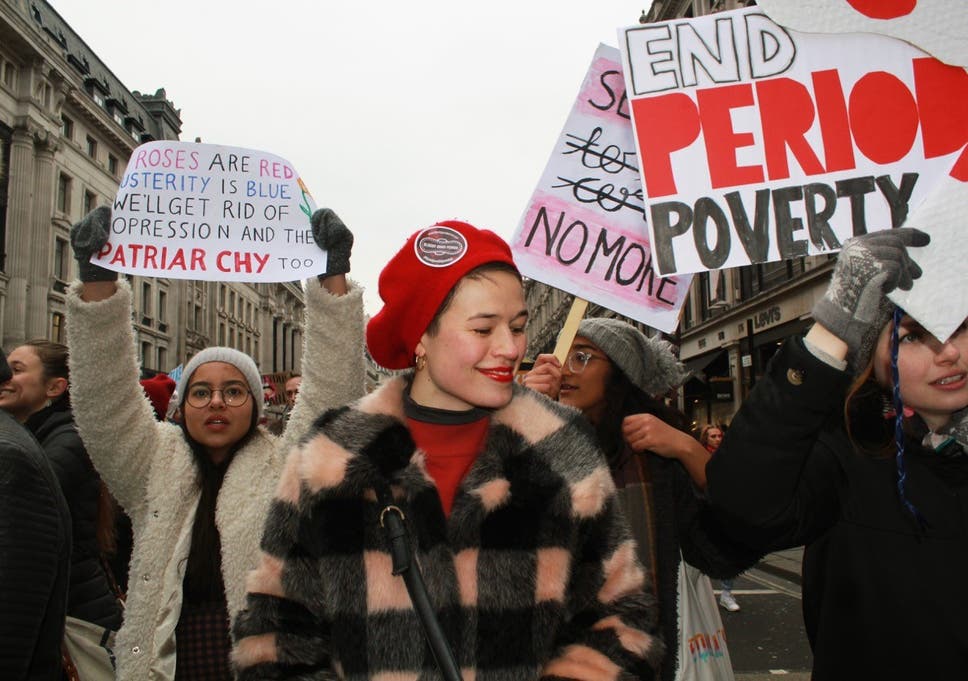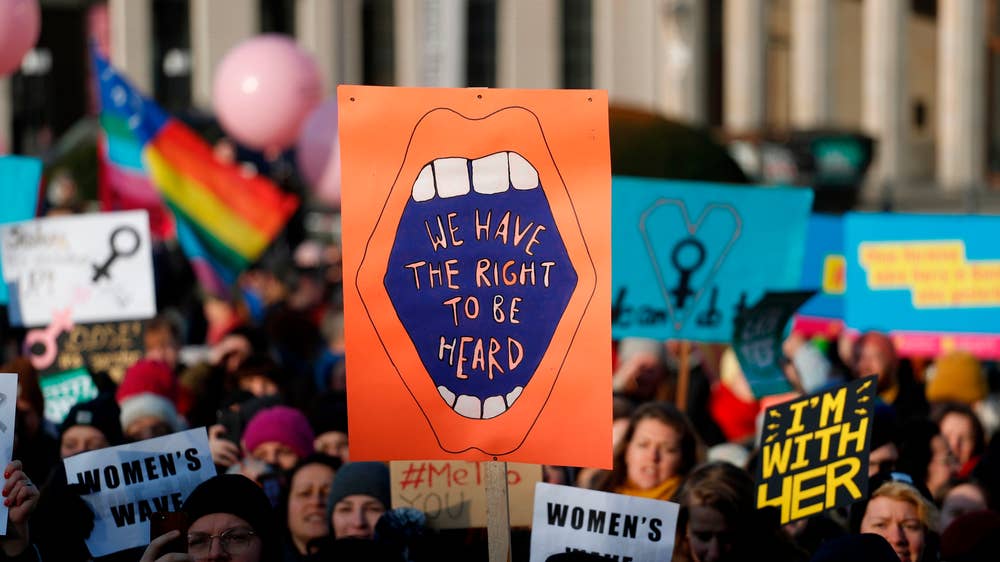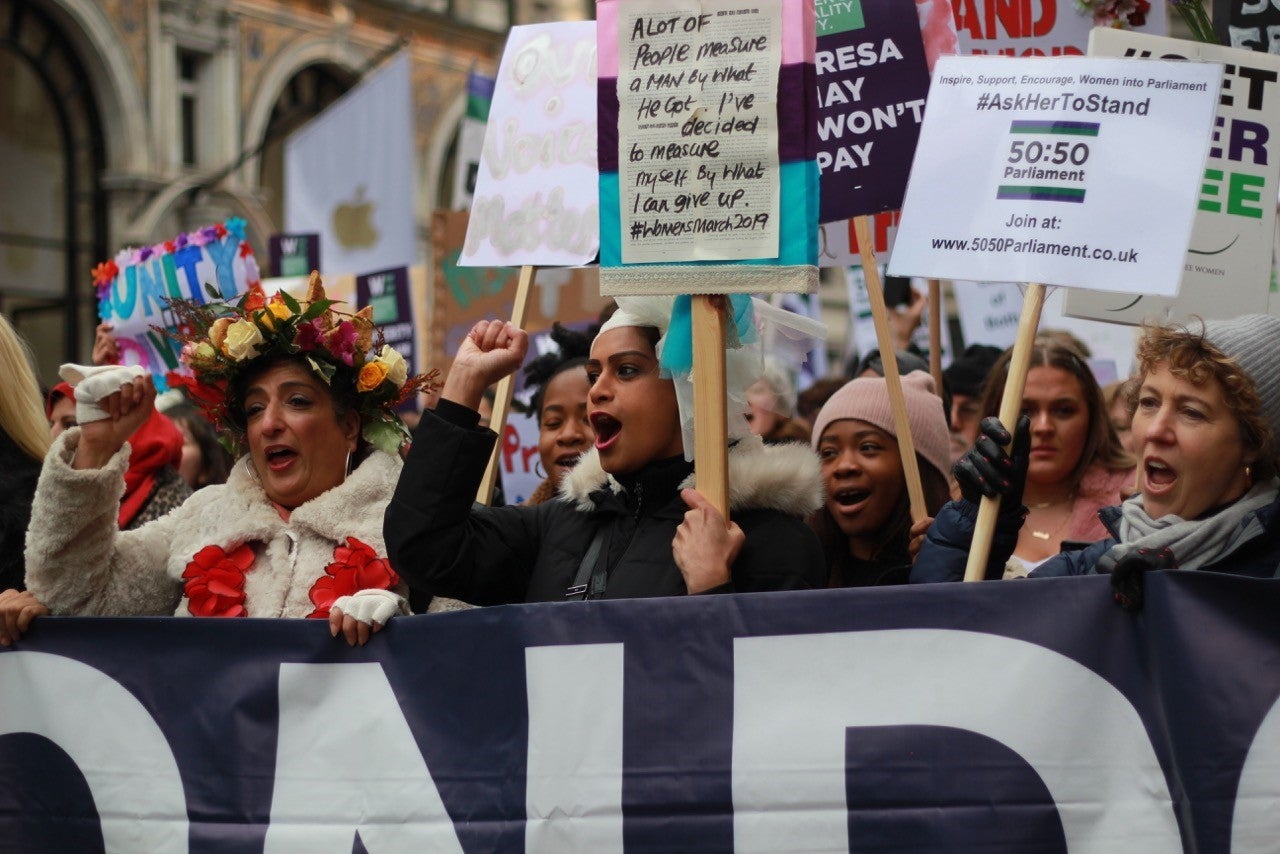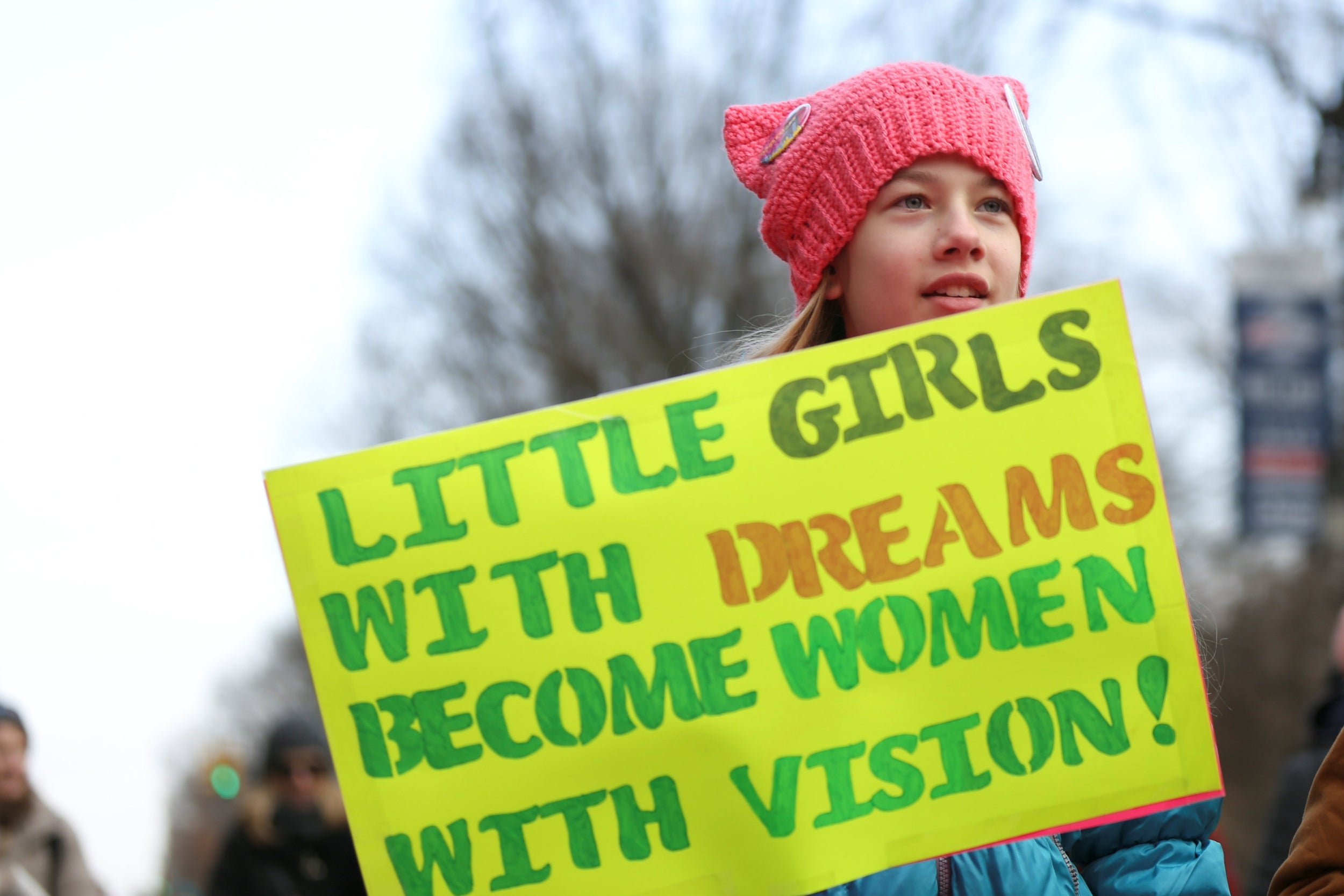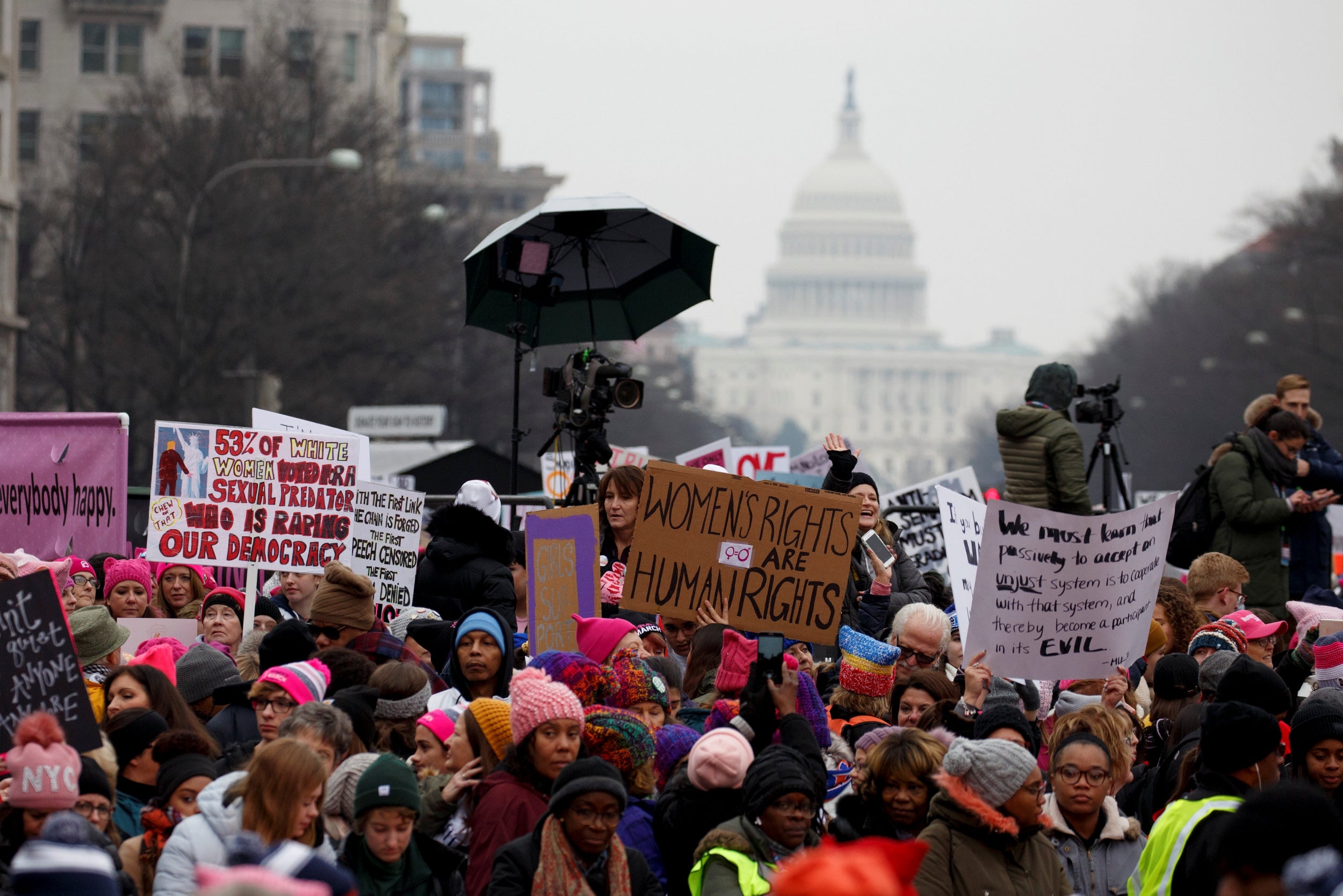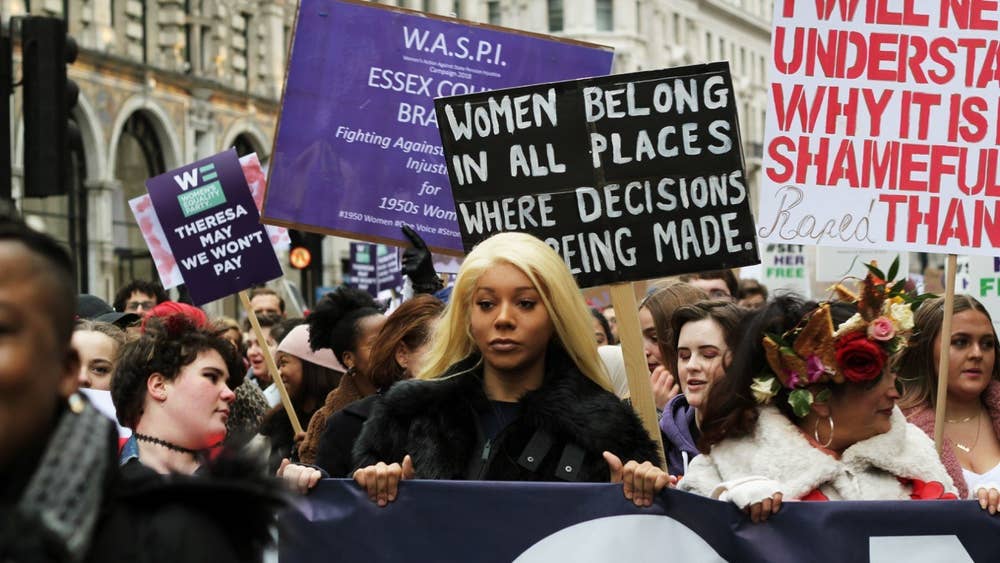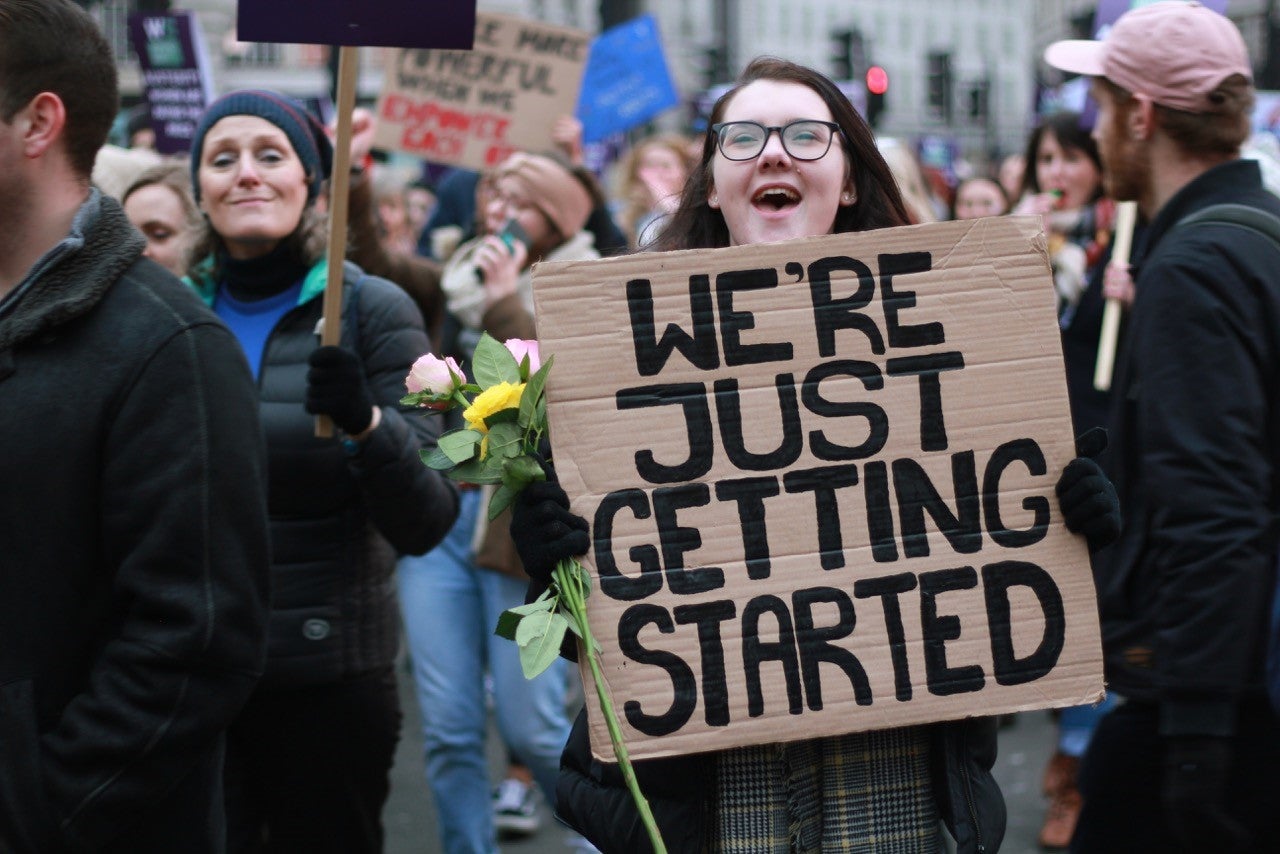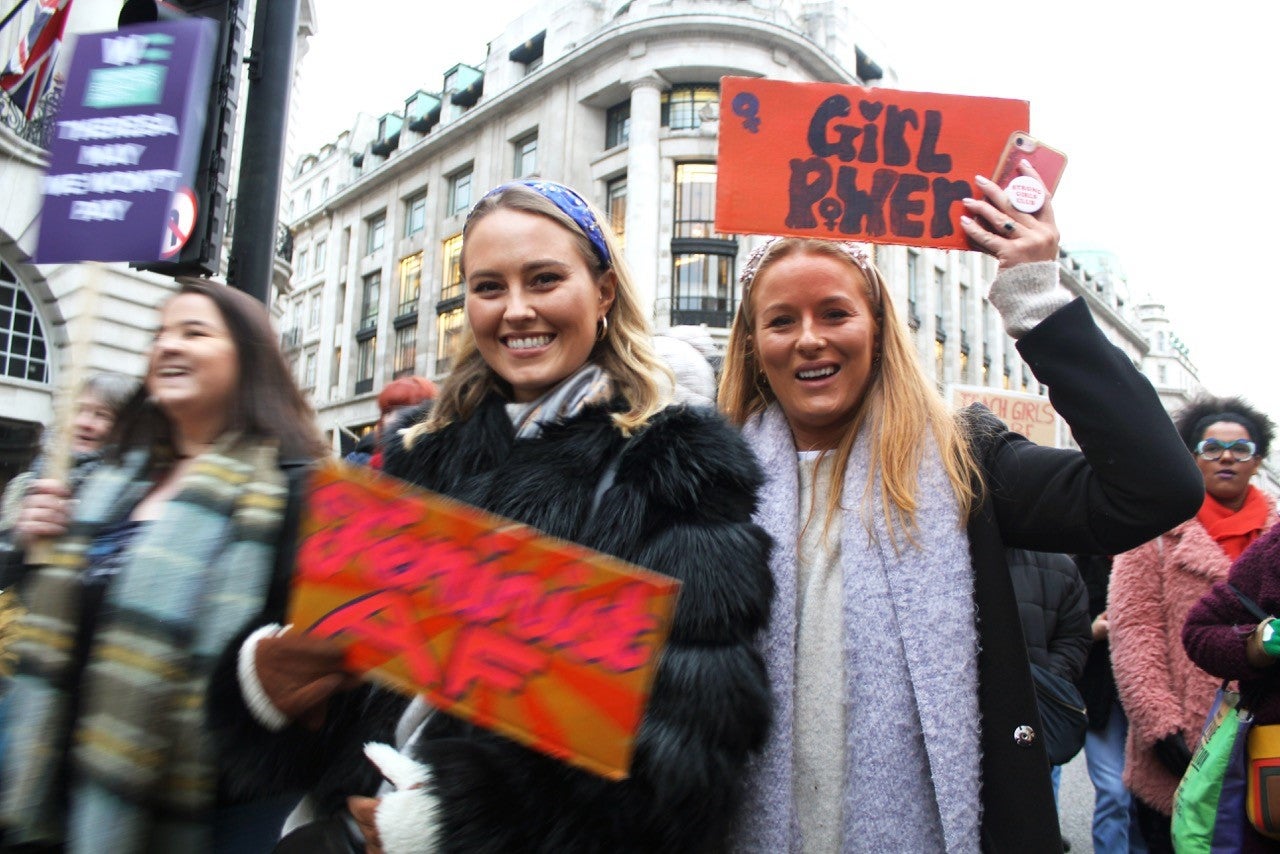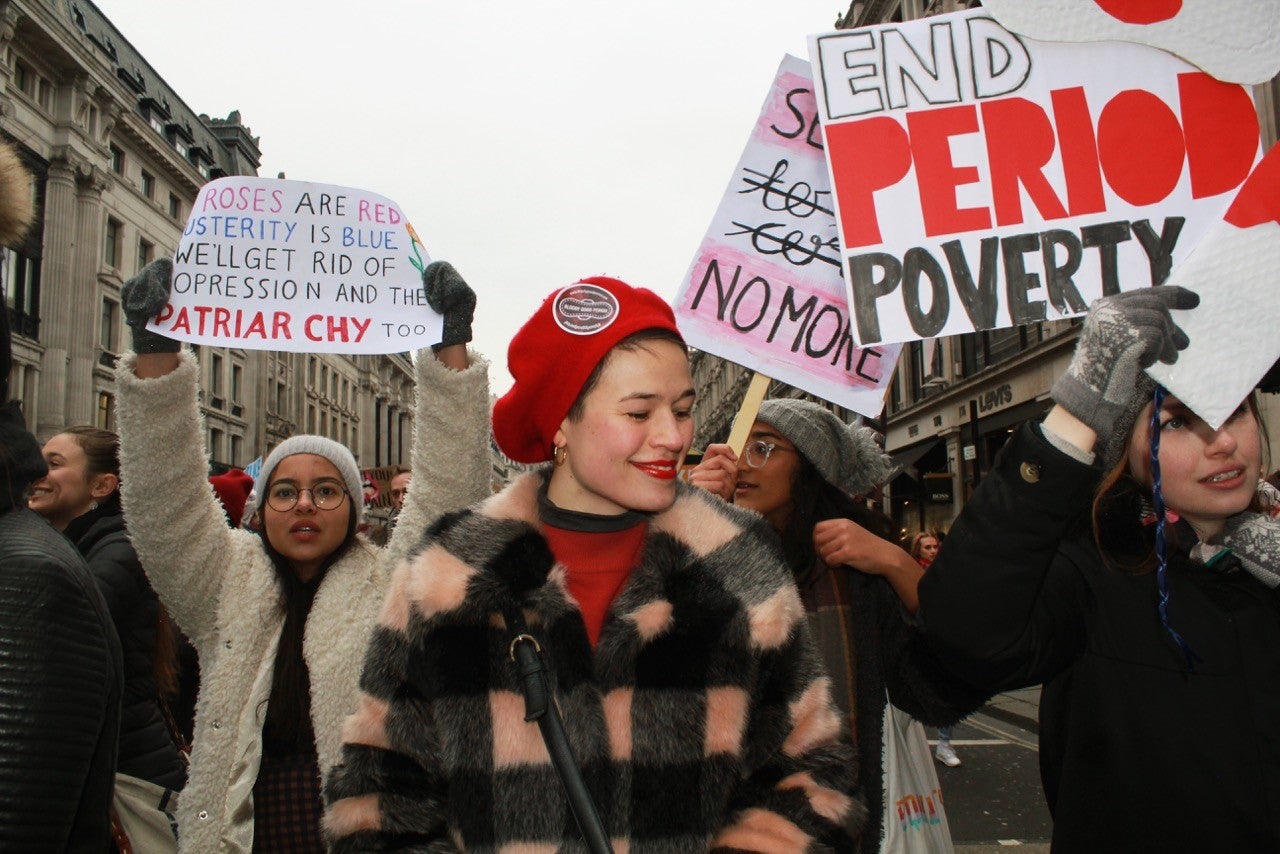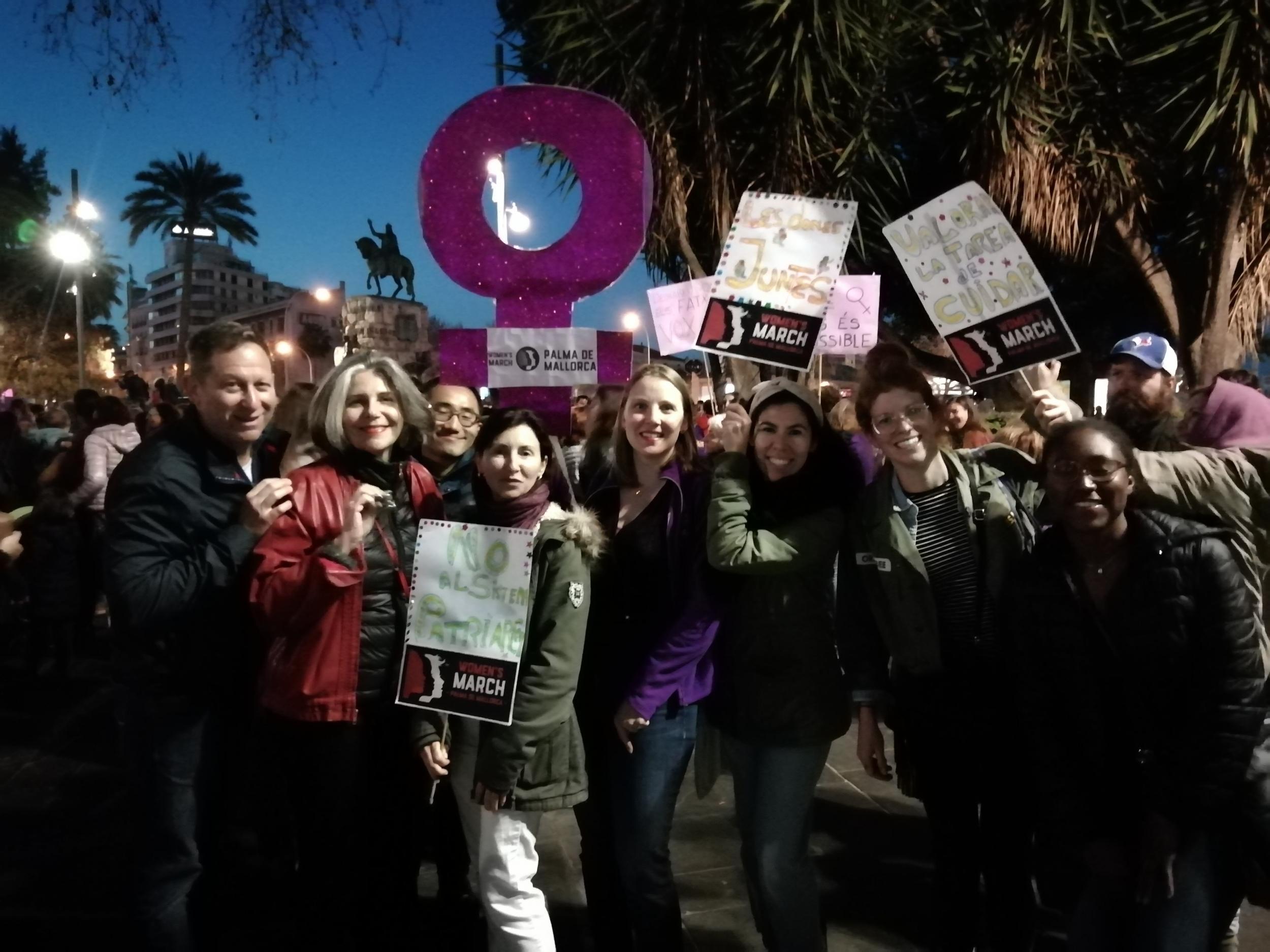Alberta's 'fair deal' could hurt Calgary, says Nenshi
Mayor Naheed Nenshi says the province's 'fair deal' panel might not be so fair for Calgary.
On Thursday, the city's Intergovernmental Affairs Committee, chaired by Nenshi, passed three recommendations the city will submit to the Alberta government's panel.
The city doesn't want the promise to "emulate" the legal requirements in Quebec, where municipalities must get approval from the province before entering into agreements with the federal government.
It also asks that the city is involved when it comes to changes made to secure a fair deal within the Confederation and that the province ensures any major change is also fair for Alberta's two biggest cities.
Nenshi said those proposals would negatively affect the city, like preventing the city from making deals with the federal government and preventing the city from getting federal funding.
"That would leave hundreds of millions or billions of dollars on the table, it would lead to enormous administrative inefficiencies and huge red tape," Nenshi said.
"Certainly there are things in there that could actually hurt Calgary," Nenshi said.
Alberta Premier Jason Kenney created the panel in the fall to consider recommendations on how to best advance the province's economic interests within Confederation, considering nearly a dozen proposals including the creation of an Alberta pension plan, a provincial police force, a tax collection agency, a chief firearms officer and a formalized provincial constitution.
The panel travelled throughout the province over the last two months holding public forums.
Thursday's Airdrie stop was postponed due to the death of panel member Jason Goodstriker, the Alberta government announced in a press release on Friday afternoon.
The panel will be in Medicine Hat on Friday evening, which was to be its last stop, but the release stated that the Airdrie visit would be rescheduled.
In December, nearly 500 people showed up to have their say in front of the fair deal panel in northeast Calgary. Most supported the Alberta government's call for more power while others called the panel a sideshow that distracted from provincial budget cuts.
On Thursday, Coun. Druh Farrell echoed the latter sentiment that and said she questions the motivation behind the panel.
She said Calgary and the province need to come up with solutions rather than "live on anger."

"Yes we should always be trying to get a better arrangement with our federal partners as the City of Calgary should always be trying to get fairness incorporated in decision making in the province," Farrell said.
"But I wonder if this is simply a distraction."
Meanwhile, Coun. Sean Chu disagreed with his colleagues and said the city should not be taking on responsibilities outside of its jurisdiction.
"They set out the panel to do the fair deal for Alberta," Chu said. "How can the panel itself (be) a bad thing?"
The recommendations were passed on Thursday with just one small amendment — that the word 'direct' be substituted by the word 'request'.





